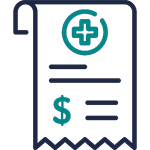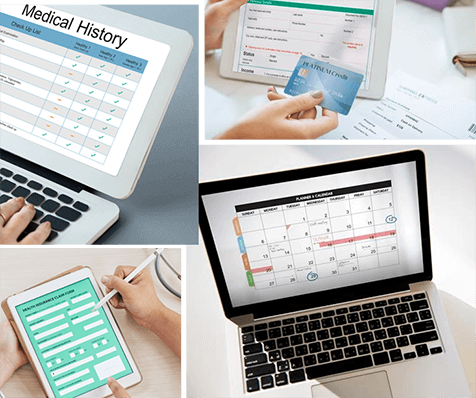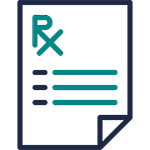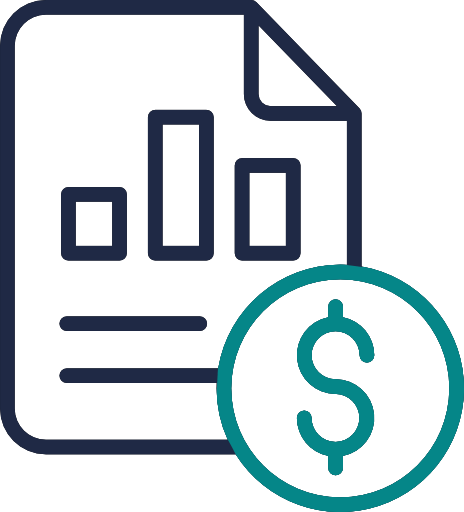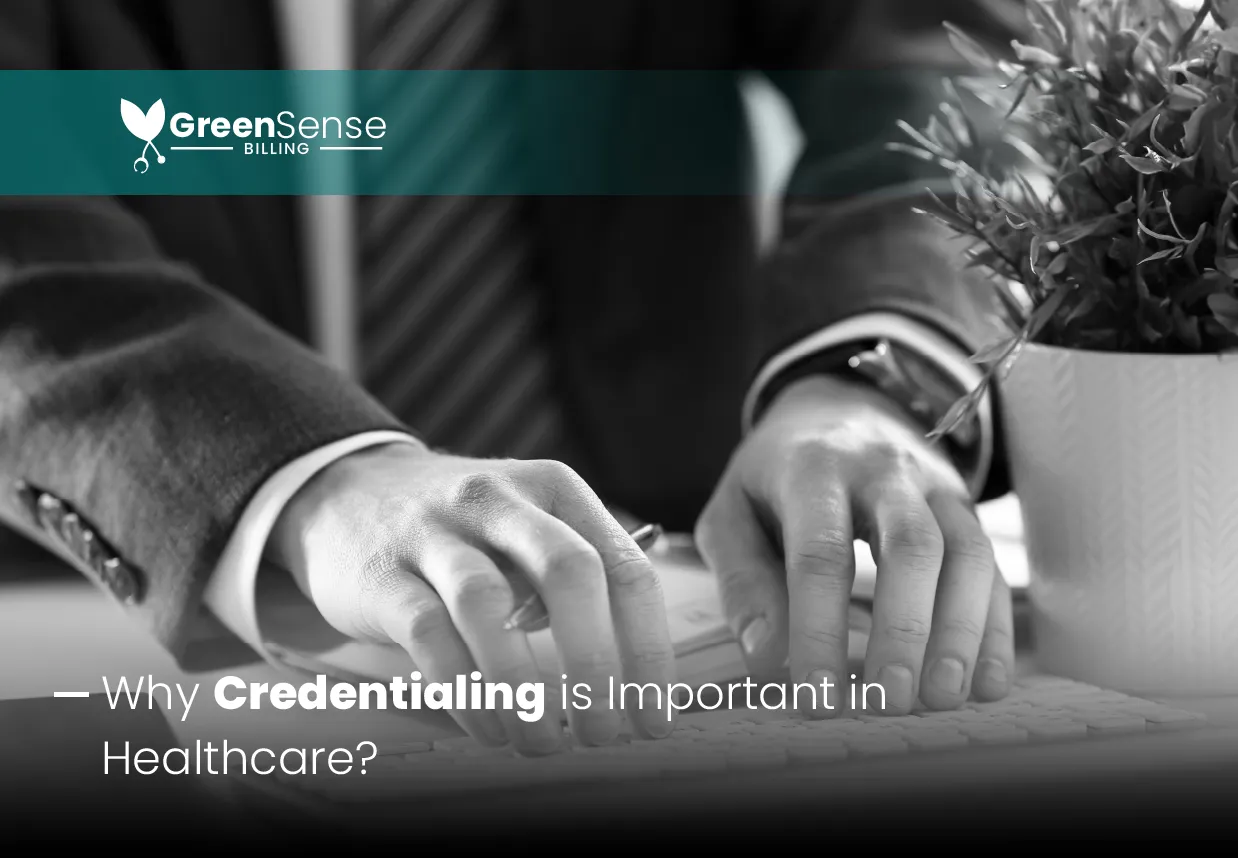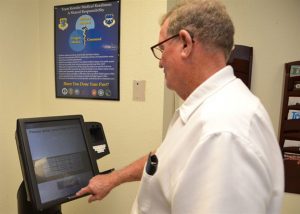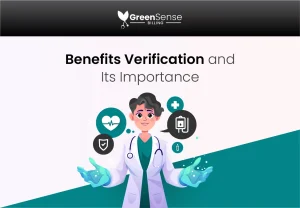When it comes to healthcare in the US, making sure that healthcare professionals are qualified and capable is really important. That’s where healthcare credentialing comes in. It’s like a careful check to make sure that patients are in safe hands, rules are followed, and quality care is being given to them.
What is Healthcare Credentialing?
Healthcare credentialing is a process that healthcare providers, such as doctors, nurses, and other medical professionals, go through to verify their qualifications, experience, and skills. It ensures that healthcare practitioners meet the necessary standards and are authorized to provide medical services. The goal is to be sure that those looking after patients really know what they’re doing.
How Does Credentialing Work?
Checking if healthcare folks are the real deal takes time. Their education, licenses, and even extra certificates are looked at. And this checking doesn’t happen just once – it keeps going to make sure they’re still good at what they are doing.
Why is Credentialing so Important?
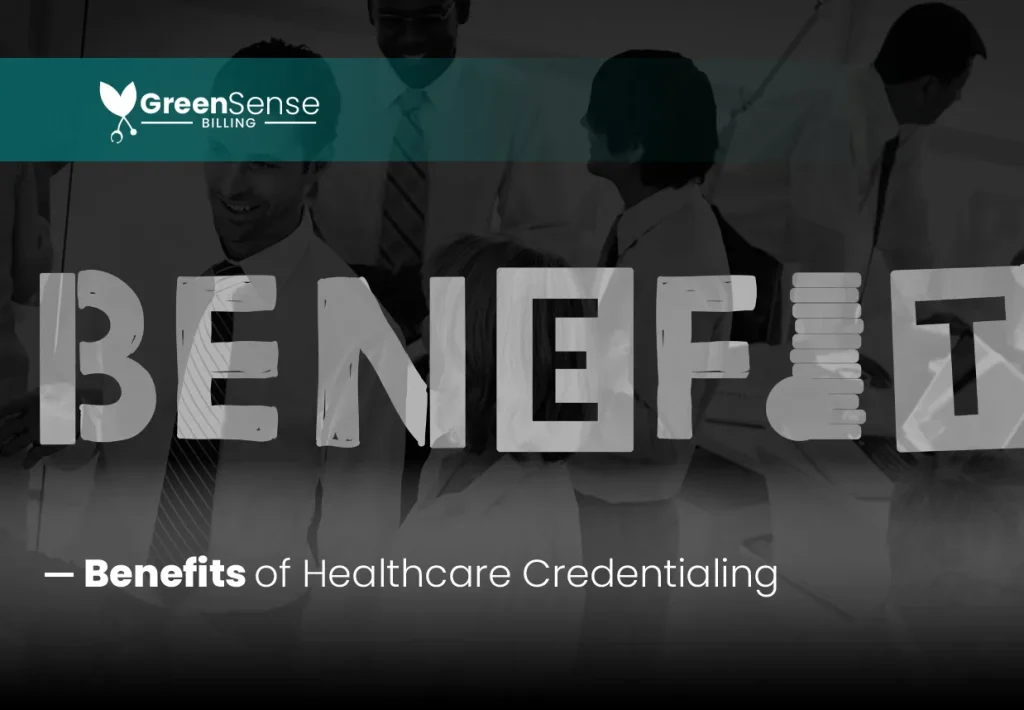
-
To ensure patients’ safety
Keeping patients safe is a big deal. Healthcare provider credentialing helps stop mistakes and bad care by making sure healthcare people are up to the job.
-
Provide better care
When healthcare professionals meet high healthcare credentialing standards, patients get better care. Credentialing ensures patients that they can trust that they’re in good hands.
-
Follow the healthcare rules and regulations
There are rules for healthcare, and everyone should follow them. Credentialing helps keep the rules in check ensuring they are also being followed by the ones providing healthcare.
-
Ensure less trouble
Every industry and its professionals have some problems, and the healthcare industry is very much prone to it. However, credentialing impacts stopping them. How? Well, when healthcare providers know what they’re doing, and what the set of rules they have to abide by, there’s less chance of breaching them and getting into trouble.
-
Easy Hiring
When credentialing is done right, hiring new healthcare candidates is easy. The good ones stand out, and the rest stay behind. so picking the right people gets easier and quicker.
-
Good Reputation
For healthcare professionals, having the right credentials is like a gold star in their result cards. Patients like them and trust them. This is one of the benefits of healthcare credentialing that benefits both, healthcare providers and healthcare facilities.
Credentialing and Healthcare Regulations
In the US, credentialing and rules go together. Federal and state rules say that healthcare professionals must meet certain standards. This is important for healthcare places in Medicare and Medicaid programs. They need to make sure their doctors and staff are qualified.
Credentialing Best Practices in Healthcare
For healthcare providers, getting credentialed is essential to show that you are qualified and ready to provide great patient care. To ensure a smooth credentialing process, following are the credentialing requirements for healthcare professionals.
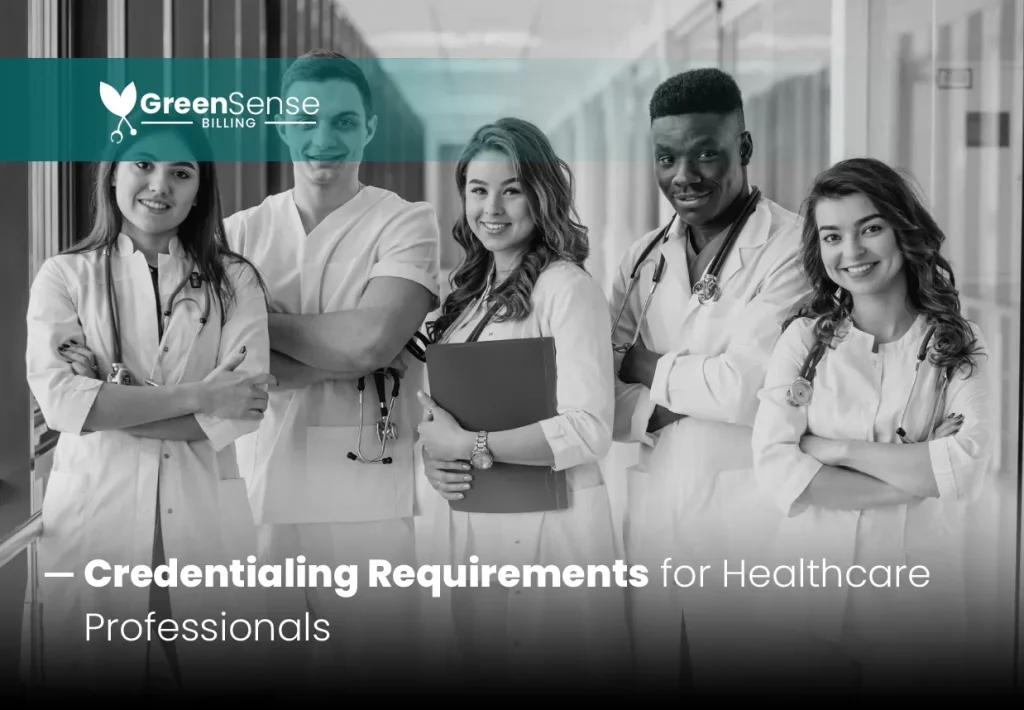
- Gather Your Credentials
Begin by collecting all your educational certificates, professional licenses, and any additional specialized training you have completed.
-
Select Your Destination
Choose a healthcare facility or organization where you intend to work. They will provide you with the necessary guidance and instructions specific to their credentialing process.
-
Complete Forms and Document Submission
Fill out the required forms provided by the healthcare facility and submit all your relevant documents. This helps the facility assess your qualifications thoroughly.
-
Be Patient
The credentialing process in healthcare requires some time, but the effort is well worth it. On average, healthcare providers go through a 60-90 day period for full credentialing completion.
-
Stay Updated
After you successfully earn your credentials, make it a point to stay updated with ongoing training and ensure your licenses remain valid. This commitment ensures your credentials stay relevant and up-to-date.
Remember, healthcare credentialing is of utmost importance. Notably, a study conducted by The Joint Commission Journal on Quality and Patient Safety reveals that effective credentialing practices can potentially lead to a staggering 75% reduction in medical errors. This statistic underscores the credentialing impact on patient safety and building trust.
Why Credentialing Matters?
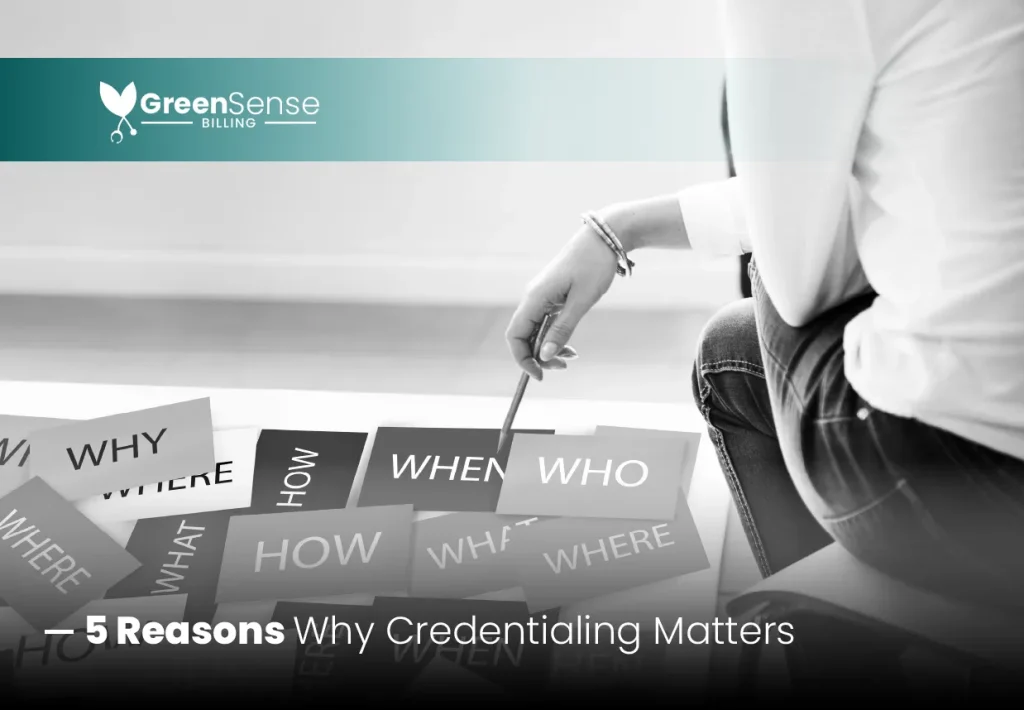
Credentialing and healthcare regulations matter as they:
-
Prevent Incompetence
By verifying credentials and skills, credentialing prevents unqualified individuals from providing healthcare. This reduces the risk of mistakes harming patients.
-
Stop Misrepresentation
Credentialing compliance stops healthcare professionals from making false claims about their qualifications. This protects patients from receiving care from dishonest providers.
-
Monitor Performance
With ongoing checks, any decline in a healthcare provider’s performance can be caught early. This ensures that patients always receive quality care.
-
Enforce Standards
Credentialing compliance in healthcare enforces a standard level of competence across the healthcare field. This maintains the quality of care patients receive.
-
Promote Accountability
Healthcare providers know they are being watched, which encourages them to perform at their best and be accountable for their actions.
Conclusion
Dear Healthcare Providers, your commitment to credentialing goes beyond paperwork. It’s a pledge to your patients’ safety, trust, and dedication to their well-being. In a world where patients rely on your expertise, credentialing is your tool to stand out.
This is your way to declare your devotion to delivering top-notch care. It’s not just about certificates; it’s a promise to be the best – for your patients!

